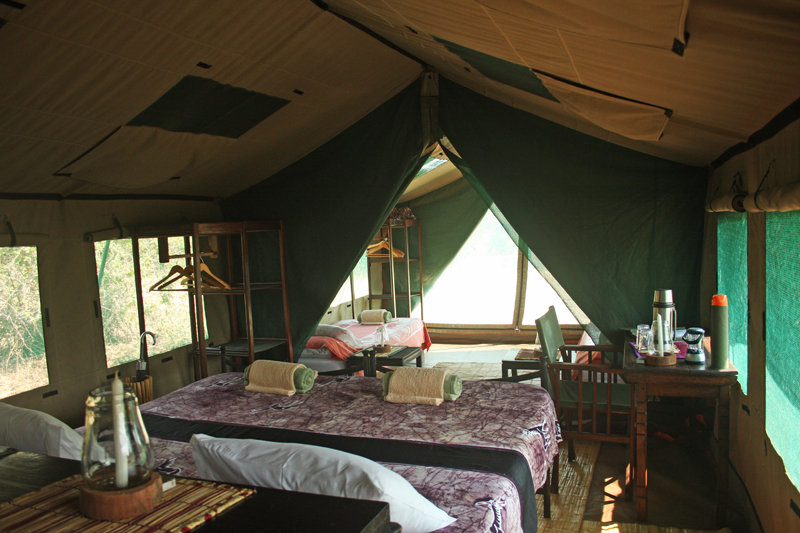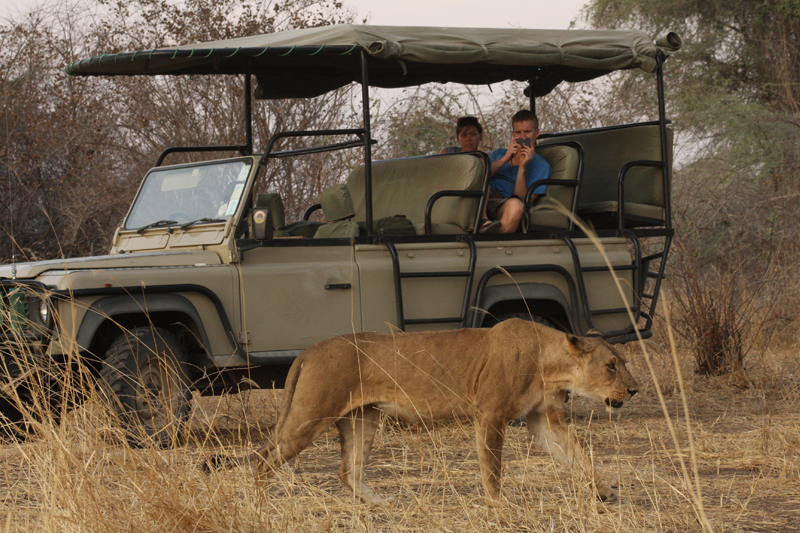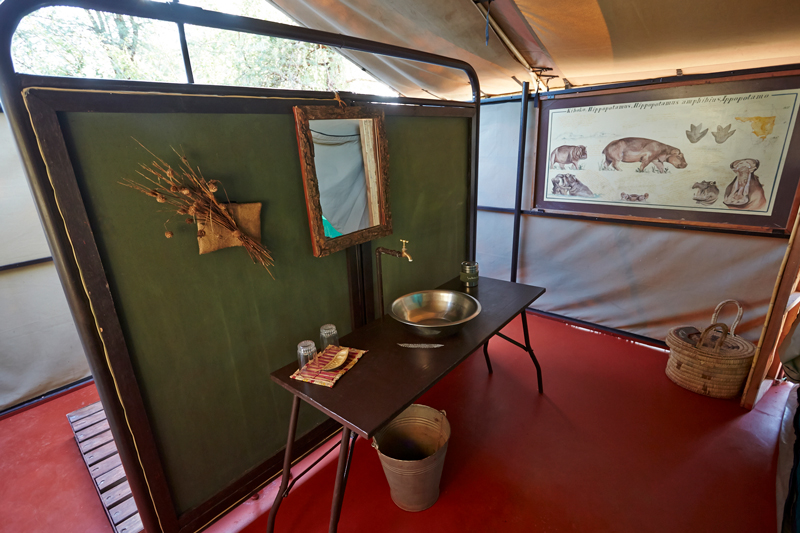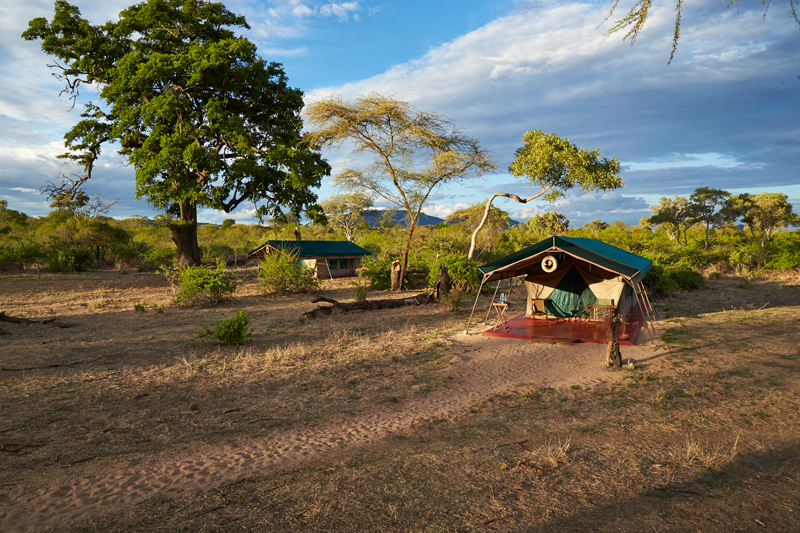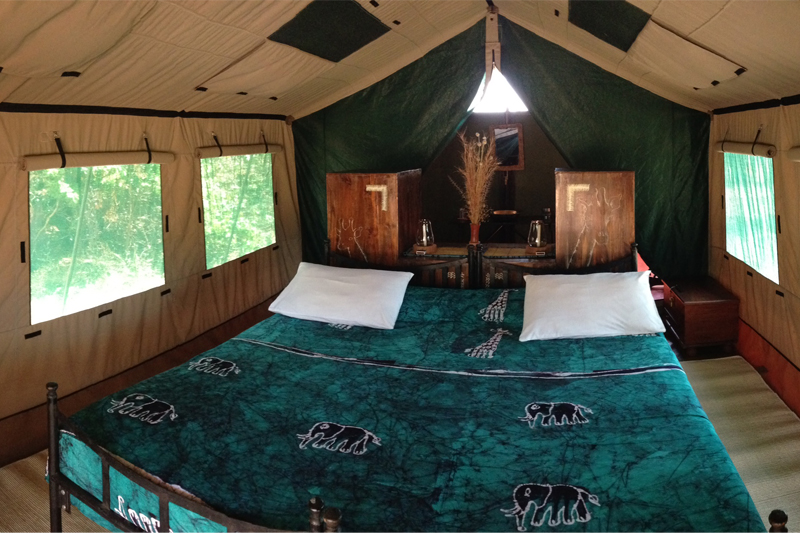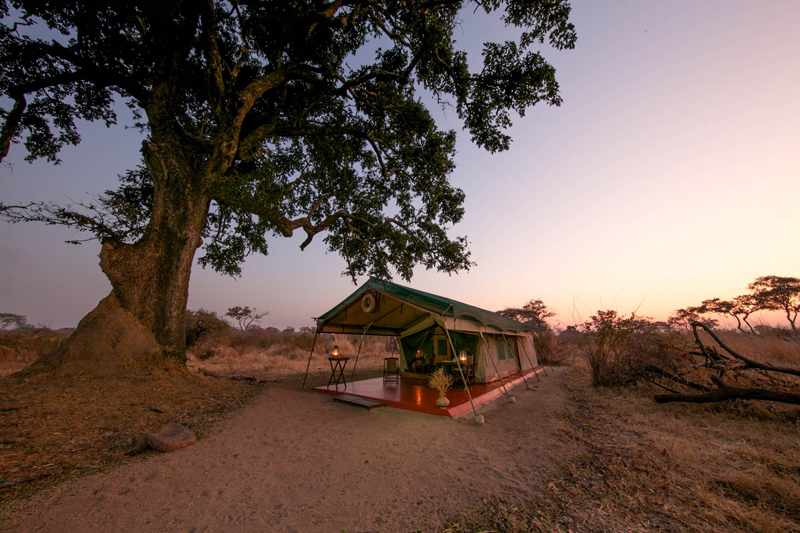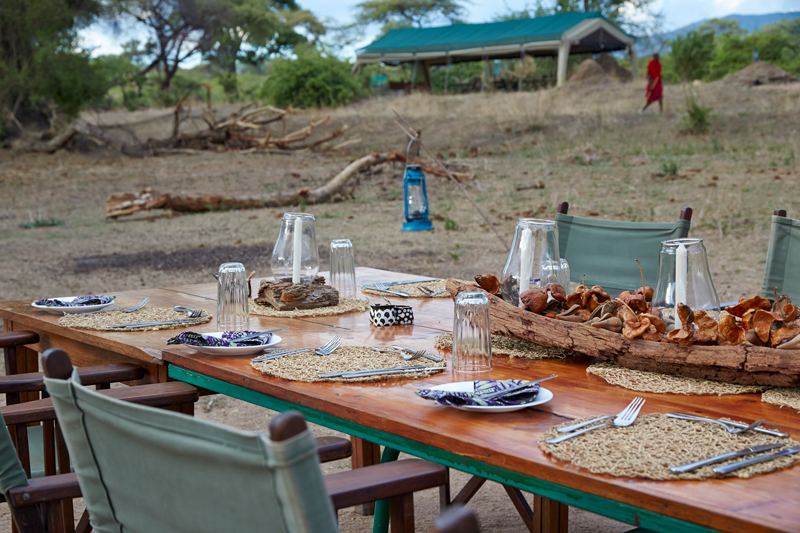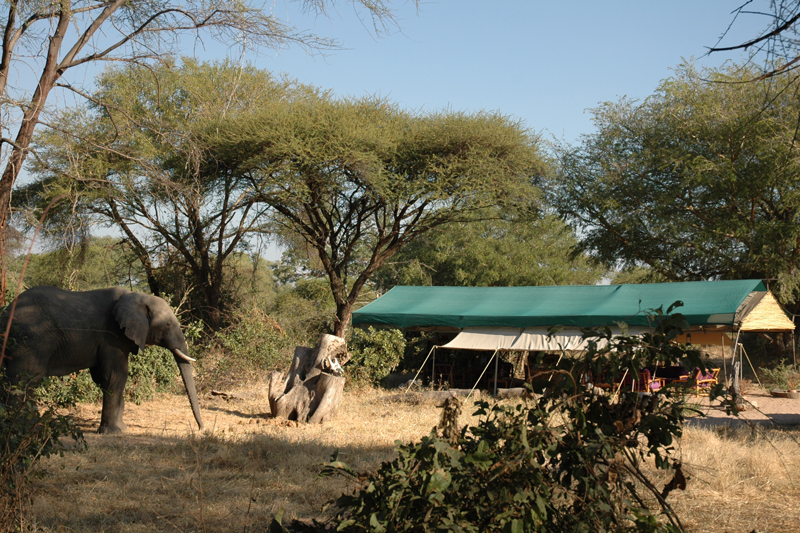Mdonya Old River Camp
Mdonya Old River Camp is situated in a remote area of central Ruaha National Park, overlooking the former river course of the Mdonya River.
Mdonya Old River Camp is a rustic tented camp offering simple, but comfortable accommodation with a relaxed and friendly atmosphere. The camp has a wonderful adventurous feel to it with animals often wondering through, and as such will appeal to enthusiasts. Mdonya is not trying to be a luxury camp, though the accommodation, food, service and guiding is all perfectly good. The immediate location around camp is excellent for game (though tsetse fly are present), whilst longer morning drives will usually take you down into the core game viewing areas of the park. This camp will suit less demanding guests who are looking to combine fantastic game viewing with superb value for money.
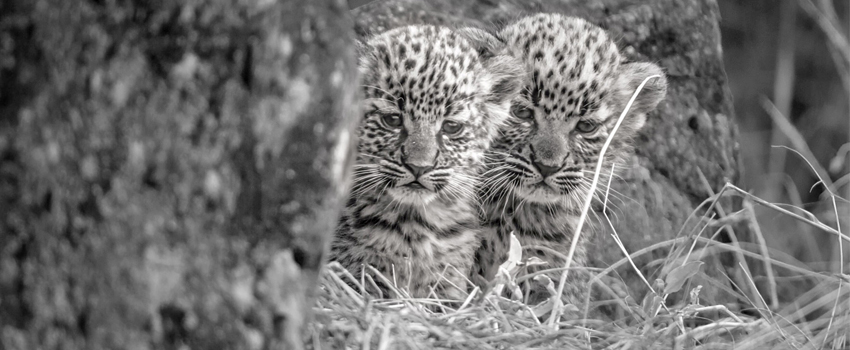
ACCOMMODATION
Mdonya caters for around 24 guests in 12 comfortable and simply furnished walk-in tents, each set on a concrete plinth. Each tent has a plumbed en suite open air bathroom attached to the rear with a flush toilet and shower. At the…
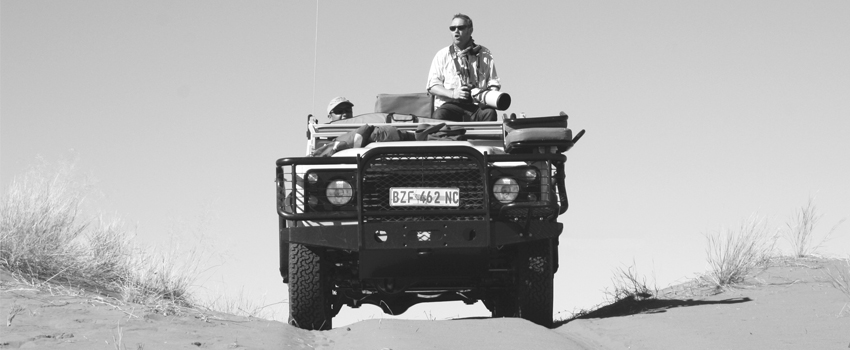
AREA & ACTIVITIES
Ruaha National Park was previously part of the huge Rungwa Game Reserve, with which it shares its north-western boundary. In 1964, it was gazetted as the National Park. The terrain within the park is well wooded and undulating. The Great Ruaha…
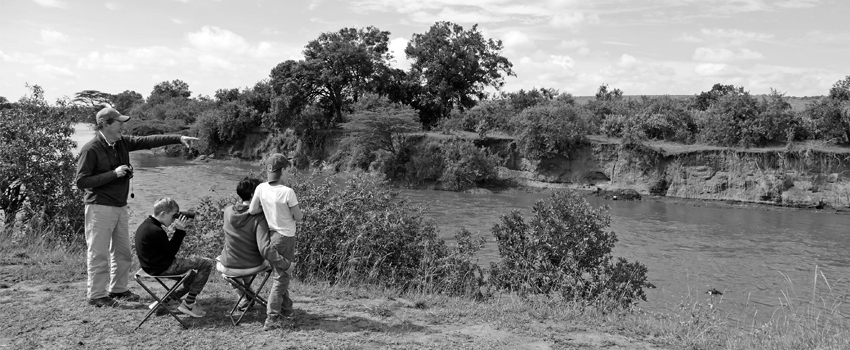
Families
With its remote and adventurous feel and the fact that animals are often in camp, we feel Mdonya is best suited for children over 12 years old. Two of the tents have extensions where a second bedroom can be…
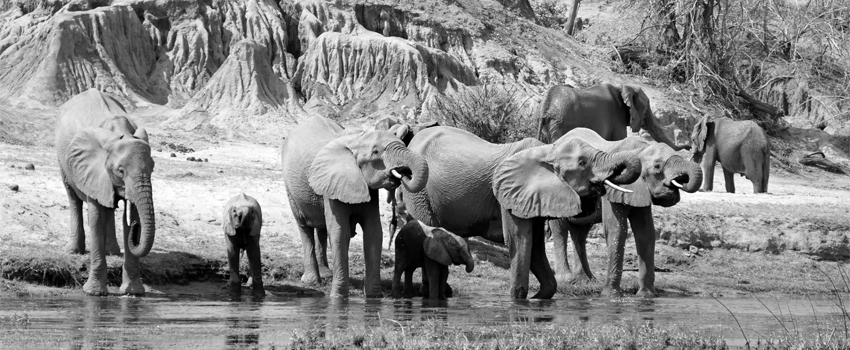
Conservation & community
To minimise their carbon footprint, Mdonya use solar power as their main source of electricity and rechargeable batteries to reduce waste. Candles and kerosene lanterns are used to light up the camp when it’s dark. They not use…
| Location | Ruaha National Park |
| Access | Scheduled or Charter flight into Msembe and 2 hour drive |
| Open | June to mid-March |
| Pricing | £££££ |
| Camp Style | Tented camp |
| Focus | Big game / Birding |
| Children | 6 years + |
| Activities | Game drives (by day) |
| Vehicles | Open |
| Maximum Guests on Vehicle | 4 (6 on request) |
| Private Vehicle Options | Subject to availability |
| Off-road Driving | No |
| Number of Rooms | 12 tents (including family tents) |
| Family Accommodation | Extended family tents |
| Bathroom | Flush toilet / Plumbed basin / Plumbed outdoor shower |
| Power for charging | Communal (Solar) |
| Lighting | Lanterns / Candles / Torches |
| Hairdryer | Not possible |
| Heating/Cooling | No |
| Room Safe | Yes (box) |
| Laundry Service | Additional cost |
| Communication in room | Whistle |
| Wi-Fi | No |
| Mobile Reception | Intermittent |
| Swimming | No |
| Wellness | No |
| Dining Style | Communal |
| Drinks Included | No |
| Credit Cards | Online 3G payments |


